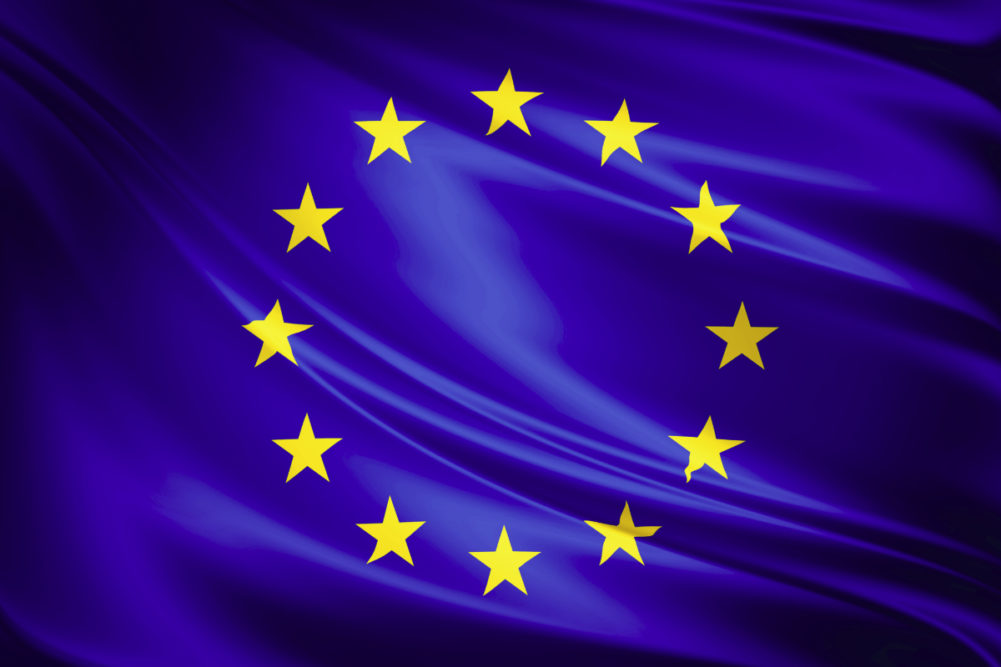BRUSSELS, BELGIUM — The European Feed Manufacturers' Federation (FEFAC) said on March 15 that it “strongly welcomes” a recent European Union Council declaration on improving food security and feed autonomy in light of supply chain disruptions caused by Russia’s invasion of Ukraine on Feb. 24.
FEFAC, representing the EU compound feed and premix manufacturers, noted the EU Council declaration during a March 10-11 meeting in Versailles included the following statement: “We will improve our food security by reducing our dependencies on key imported agricultural products and inputs, in particular by increasing the EU production of plant-based proteins.”
While lauding emergency efforts to mitigate food and feed supply chain issues tied to the Russian invasion of Ukraine during a March 9 meeting of the European Food Security Crisis Preparedness and Response Mechanism, FEFAC emphasized the need for longer-term solutions.
“The European Union needs to establish a comprehensive EU food and feed security contingency plan, prioritizing food and feed use of grains and oilseeds, both covering the short-term impacts linked to the loss of Black Sea grain deliveries from Ukraine, but also for the mid-term to buffer the Ukraine crisis impacts, which will be felt for a long time,” said Asbjørn Børsting, president of FEFAC. “The EU needs to support innovative plant breeding technologies and good agricultural practices to boost its own grain, oilseeds and vegetable protein production.”
Børsting also noted the Versailles declaration’s aim to seek a reduction in the EU’s energy dependencies and its potential impact on the availability of co-products used in compound feed production.
“EU objectives on boosting the use of bio-gas and other renewable energy sources could potentially undermine the EU food and feed autonomy objectives if these co-products used in feed would be deviated towards energy production, meaning they are removed from food and feed production systems and thus increase the EU’s reliance on feed imports,” he said.






